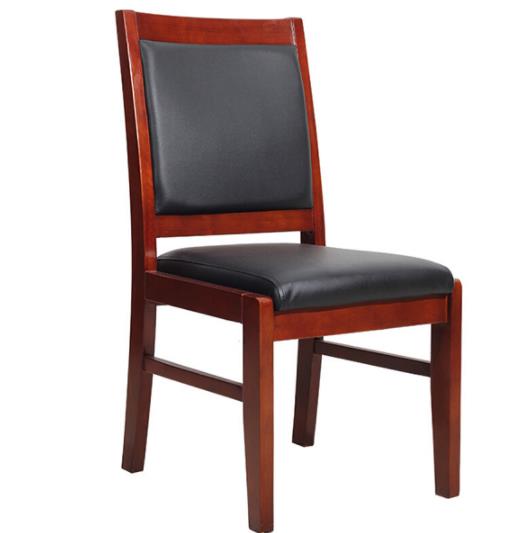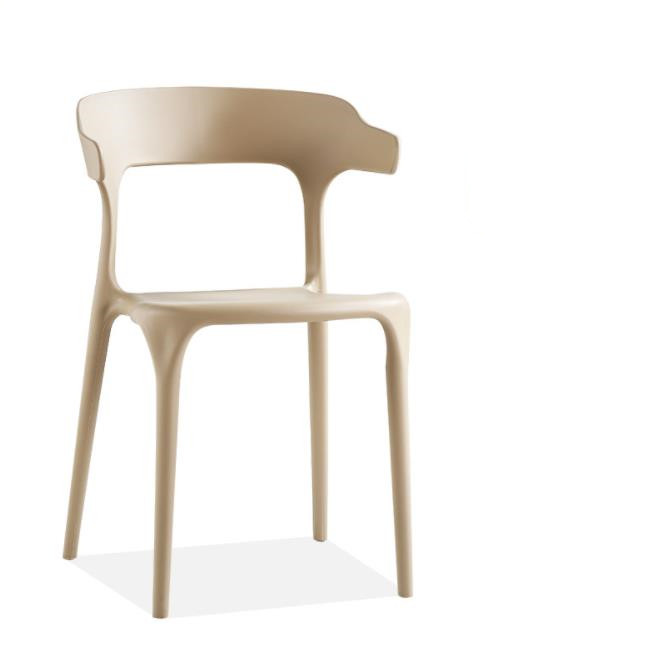The role of office chairs in the workplace is multifaceted and crucial for the well-being, productivity, and overall efficiency of employees. Office chairs play several key roles:
- Comfort and Ergonomics: One of the primary roles of office chairs is to provide comfort and support to employees while they work. Ergonomically designed chairs promote proper posture, reduce strain on the back and neck, and minimize the risk of musculoskeletal disorders caused by prolonged sitting.
- Productivity and Focus: Comfortable and supportive office chairs contribute to improved productivity and focus. When employees are at ease in their seating, they can concentrate on their tasks without distraction or discomfort.
- Health and Well-being: A well-designed office chair helps maintain the health and well-being of employees. By providing proper support, it reduces the risk of back pain, neck pain, and other physical issues associated with prolonged sitting.
- Collaboration and Communication: In collaborative spaces, office chairs facilitate teamwork and effective communication. Chairs with swivel bases and casters enable easy movement and interaction among team members.
- Flexibility and Adaptability: Office chairs with adjustable features, such as seat height, armrests, and lumbar support, offer individualized comfort and adaptability to users of different body types and preferences.
- Posture Support: Properly designed office chairs encourage users to maintain good posture, preventing slouching or hunching over the desk. This not only benefits physical health but also contributes to a more professional appearance.
- Aesthetic and Design: Office chairs also play a role in the overall aesthetics and design of the workspace. Well-chosen chairs that complement the office decor create a positive and inviting atmosphere.
- Image and Company Culture: The type of office chairs used in a workplace reflects the company’s image and culture. Investing in quality and comfortable chairs shows that the company values its employees’ well-being and aims to provide a conducive work environment.
- Focus on Employee Experience: In modern workplaces, there is an increasing focus on the employee experience. Providing comfortable and functional office chairs is a part of this effort to create a positive and enjoyable work environment for employees.
- Legal Compliance: In some regions, there are health and safety regulations that mandate employers to provide ergonomically designed office chairs to ensure the well-being of their workforce. Using suitable office chairs ensures compliance with such regulations.
Overall, office chairs are essential tools in the workplace that significantly impact employee health, productivity, and satisfaction. Investing in quality, ergonomic chairs demonstrates a commitment to the well-being of employees and contributes to a more efficient and harmonious working environment.







